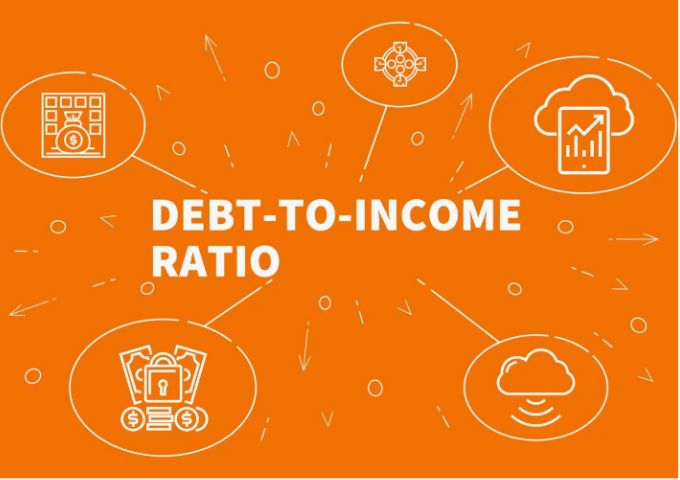7 Benefits of Managing Your Finances as a Student in Australia
Being a student in Australia, it can be pretty challenging managing your finances, balancing school work and other things. But without a solid plan towards your financial goal, you might end up in a financial pit hole.
To avoid that, we’ve come up with 7 benefits of managing your finances as a student in Australia.
Here are seven key advantages to keep in mind while managing your personal finances as a student in Australia.
1. It Helps You Budget Like a Pro
One of the key benefits of managing your finances is how it forces you to create a budget and stick to it. This helps with prioritizing your spending to ensure you’re getting what’s important and leaving out the irrelevant items.
2. Financial Independence
Being financially independent is one of the best things you can experience as a student. Not having to rely on anyone for basic needs like groceries and personal items, it’s a great feeling to be in control of your finances indeed.
3. Improved Credit Score
With a good financial record, you ultimately get a good credit score. Being responsible in your financial behavior improves your credit score which is important incase you need access to loans in the future or renting an apartment or even with job applications.
4. Debt Avoidance
When your finances are budgeted, the chances of spending on a whim is curbed, which reduces the risk of overspending or accumulating debt. Being mindful of the way you spend helps in avoiding any unnecessary credit card debt or loans.
5. Emergencies
It’s always a good idea to be prepared for unforeseen circumstances. An emergency fund comes in handy with unexpected expenses. Cultivating a savings habit ensures you are prepared for certain emergencies like car repairs or medical situations, you are rest assured that your savings will come through for you.
6. Financial Stability and Literacy
By practicing good financial habits you open yourself up to long term financial stability. This helps you stay disciplined in achieving your goals in the future, whether it’s with buying a house or starting a business or just being financially free. Also, being financially disciplined exposes you to ways you can invest your money, savings strategies and other financial concepts that will serve you well beyond your student years.
7. Smart Spending Habit
When you track your spending, you’ll start to notice different areas you can easily cut back on. Thus helping you save even more and develop a healthy spending habit that will serve you throughout your life.
Also Read: Certificate of Deposit: Definition, Advantages & How to Invest in CD
How to Manage Your Finances as a Student in Australia
Now that you know the benefits of managing your finances as a student, you may be wondering how you can learn to manage your finances as a student schooling in Australia. Well here are a few tips to help you as you start your journey.
1. Create a Budget
Make a budget to track your income and expenses to know where your money is going. Create a budget for what you’d spend daily or weekly like books, living expenses, groceries and the likes. You can use budgeting tools to help with creating your budget.
2. Part-time Jobs
If possible, you can get a part-time job to supplement your income. Check your university job board for available jobs or career services if any that help students find jobs.
3. Student Discounts
As a student, you get lots of discounts on expenses like tranport fares, food, entertainment and even school books. Take advantage of these discounts, if possible always carry along your student ID card wherever you go so you can have it handy if the need arises.
4. Bank Accounts
You should consider opening an Australian bank account in order to receive payments and manage your finances. Moreover, some banks offer student accounts with low fees that make it a lot easier for students to access.
5. Food and Groceries
Food is one of the major expenses that students cannot avoid, hence it is advisable to plan your meals accordingly. If you can afford it, buy your food products in bulk, store and freeze them up. If you are thinking of eating out, keep an eye out for specials or student nights. Look out for programs that offer students any form of discount or financial help.
6. Transport
To save up on transportation, you could go for a bicycle which is cost efficient. Some public transportation offer student discounts you can take advantage of.
7. Textbooks
Whenever you can, buy used textbooks instead of new ones. This will not only save you money but you may just be lucky enough to find free notes in it from the previous owner. You also get the opportunity of reselling it after use.
8. Emergency Funds
Always have an amount set aside for unexpected expenses, this way you are not taken by surprise.
10. Seek financial advice
In case you find yourself in a financial crisis, speak with your university’s student support services or a financial advisor for guidance. Credit cards may come in handy but use them responsibly and pay off as at when due to avoid incurring interest.
Also Read: Top 7 Car Rental Companies in Australia
FAQs on Managing your Finances as a Student in Australia.
1. How do I open an Australian bank as an International student?
Visit the bank of your choice with your passport, student visa, and proof of address. Some banks offer student accounts with low fees like the Commonwealth bank and ANZ.
2. Can I work part-time while studying in Australia?
Yes you can. International students can work up to 20 hours per week while school is in session and full time while on break. You will need a Tax File Number(TFN) and a review of your visa requirements.
3. How do I apply for a Tax File Number?
You can apply online through the Australian Taxation Office(ATO) website, or you can visit the ATO office with your passport and visa.
4. Are there any financial assistance options for international students in Australia?
Yes, some universities offer bursaries, scholarships or emergency loans. Research on which one your university offers. There are also government assistant programs and initiatives available for eligible students.
Conclusion
Managing your finances as a student is easier said than done, it takes a lot of discipline and planning to be consistent at it. Budgeting and planning can take time to get used to, but once you start implementing it and reaping the benefits as stated above, you wouldn’t want to stop.
By following the points stated on managing your finances, you can make the most of your time as a student in Australia.







